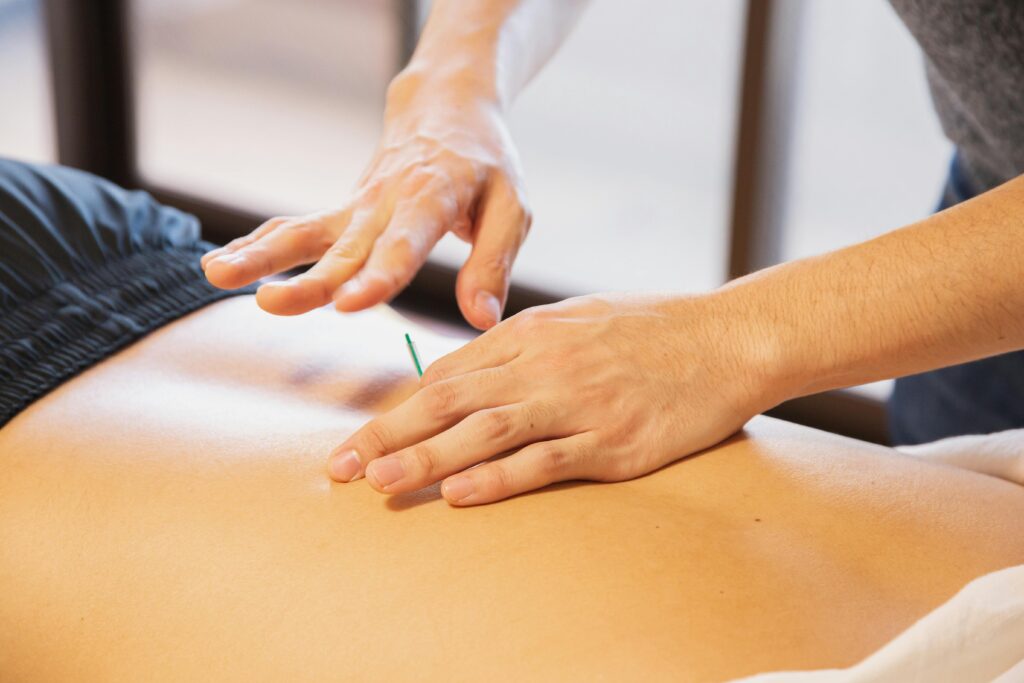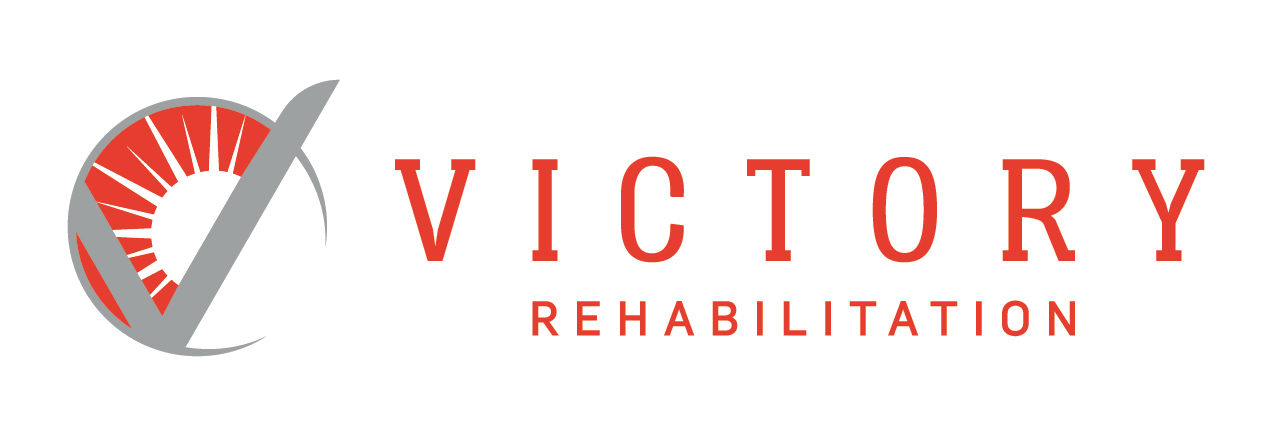Pain Management

At Victory Rehabilitation, we understand the complexities of chronic pain. Our therapists play a crucial role in the management of chronic pain by addressing the underlying causes of pain, improving functionality, and reducing discomfort. We develop holistic treatment plans, integrating various evidence-based techniques, interventions and modalities to manage and alleviate chronic pain conditions and enhance overall quality of life.
Here’s an overview of physical therapy for pain management:
Comprehensive assessment: At Victory Rehabilitation we begin by conducting a thorough evaluation to assess your pain, functional limitations, movement patterns, strength, flexibility, and other factors contributing to their condition. This assessment helps guide the development of a personalized treatment plan.
Education and self-management: Education is a fundamental component of physical therapy for pain management. We educate patients about their condition, the factors contributing to their pain, and strategies for self-management. This may include teaching proper body mechanics, ergonomics, posture, and techniques for pain relief and stress management.
Exercise therapy: We prescribe individualized exercise programs tailored to your needs, goals, and abilities. These exercises may include stretching, strengthening, cardiovascular conditioning, and functional activities designed to improve mobility, stability, and endurance while reducing pain.
Manual therapy: Manual therapy techniques, such as joint mobilization, soft tissue mobilization, myofascial release, Dry Needling, IASTM, Cupping and manual traction, may be used to address musculoskeletal pain, reduce muscle tension, improve joint mobility, and promote relaxation. Manual therapy can help alleviate pain and restore normal movement patterns.
Modalities: Physical therapists may incorporate various modalities into the treatment plan to help manage pain and promote healing. Common modalities include ultrasound, and electrical stimulation. These modalities can help reduce pain, inflammation, and muscle spasms.
Functional rehabilitation: We focus on restoring functional abilities and improving quality of life through functional rehabilitation. This may involve simulating real-life activities and tasks that are meaningful to the individual, such as walking, climbing stairs, lifting, or reaching. Functional rehabilitation aims to improve independence, mobility, and participation in daily activities despite pain.
Mind-body techniques: Our Physical therapists may integrate mind-body techniques, such as relaxation training, mindfulness meditation, deep breathing exercises, and guided imagery, into the treatment plan to help individuals manage stress, reduce anxiety, and cope with pain more effectively. We adopt a biopsychosocial approach to pain management, recognizing that pain is influenced by biological, psychological, and social factors. They address not only the physical aspects of pain but also the emotional, cognitive, and social aspects to provide holistic care.
Goal setting and progress monitoring: At Victory Rehabilitation we work collaboratively with you to establish realistic goals and track progress throughout the course of treatment. Regular reassessment and adjustment of the treatment plan ensure that interventions are effective and tailored to your evolving needs.
Overall, we see pain management is a multidisciplinary approach that empowers patients to actively participate in their care, improve function, and enhance their overall well-being while reducing pain. It focuses on restoring function, optimizing movement, and improving quality of life, allowing you to live more comfortably and confidently despite your pain.
